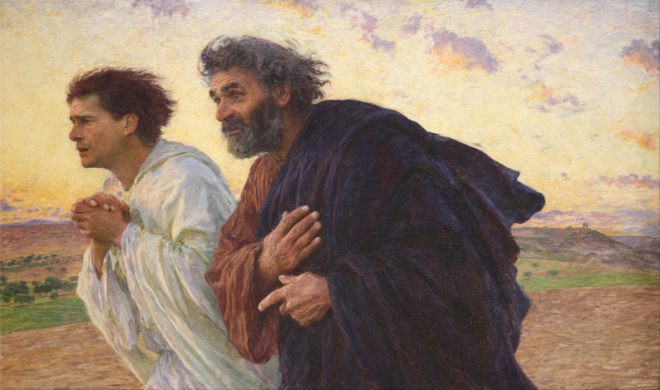Matthew 25:31 And when the Son of Man comes in his glory, and all the angels with him, then he will sit on his throne of glory; 32And all the nations will be assembled before him, and he will separate them from one another, as the shepherd separates the sheep from the kid goats, 33And will set the sheep to his right, but the kid goats to the left. 34Then the King will say to those to his right, ‘Come, you blessed by my Father, inherit the Kingdom prepared for you from the foundation of the cosmos. 35For I was hungry and you gave me something to eat, I was thirsty and you gave me drink, I was a stranger and you gave me hospitality, 36Naked and you clothed me, I was ill and you looked after me, I was in prison and you came to me.’ 37Then the just will answer him, saying, ‘When did we see you hungry and feed you, or thirsty and give you drink? 38And when did we see you a stranger and give you hospitality, or naked and clothe you? 39And when did we see you ill or in prison and come to you?’ 40And in reply the King will say to them, ‘Amen, I tell you, inasmuch as you did it to one of the least of these my brothers, you did it to me.’ 41Then he will say to those to the left, ‘Go from me, you execrable ones, into the fire of the Age prepared for the Slanderer and his angels. 42For I was hungry and you did not give me anything to eat, I was thirsty and you did not give me drink, 43I was a stranger and you did not give me hospitality, naked and you did not clothe me, ill and in prison and you did not look after me.’ 44Then they too will answer, saying, ‘Lord, when did we see you hungry or thirsty or a stranger or naked or ill or in prison, and did not attend to you?’ 45Then he will answer them, saying, ‘Amen, I tell you, inasmuch as you did not do it to one of the least of these my brothers, neither did you do it to me.’ 46And these will go to the chastening* of that Age, but the just to the life of that Age.”
The New Testament: A Translation by David Bentley Hart. Yale University Press. Kindle Edition. (p. 52-53). Yale University Press. Kindle Edition.
*The word κόλασις (kolasis) originally meant “pruning” or “docking” or “obviating the growth” of trees or other plants, and then came to mean “confinement,” “being held in check,” “punishment,” or “chastisement,” chiefly with the connotation of “correction.” Classically, the word was distinguished (by Aristotle, for instance) from τιμωρία (timōria), which means a retributive punishment only. Whether such a distinction holds here is difficult to say, since by late antiquity kolasis seems to have been used by many to describe punishment of any kind; but the only other use of the noun in the New Testament is in 1 John 4:18, where it refers not to retributive punishment, but to the suffering experienced by someone who is subject to fear because not yet perfected in charity. The verbal form, κολάζω (kolazō), appears twice: in Acts 4:21, where it clearly refers only to disciplinary punishment, and in 2 Peter 2:9 in reference to fallen angels and unrighteous men, where it probably means “being held in check” or “penned in” [until the day of judgment].
The New Testament: A Translation [Footnotes](p. 62). Yale University Press. Kindle Edition

Reblogged this on St. John One: One.
LikeLike